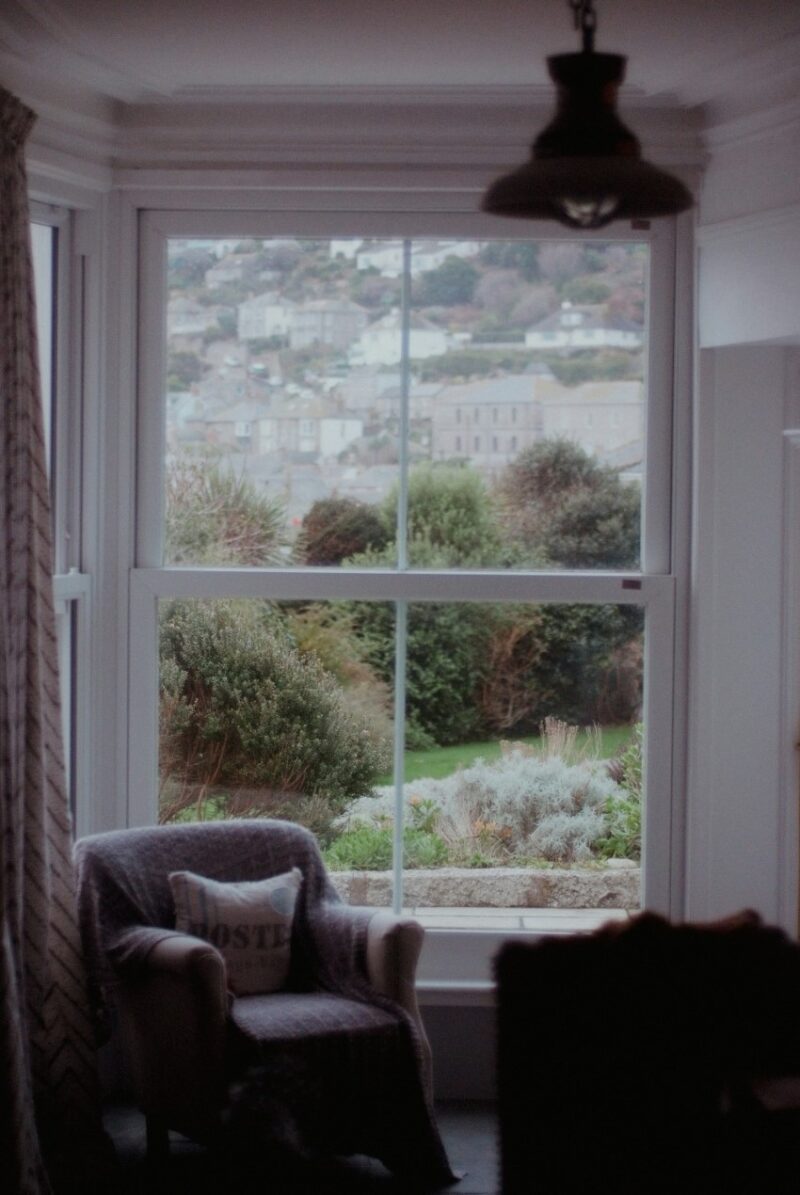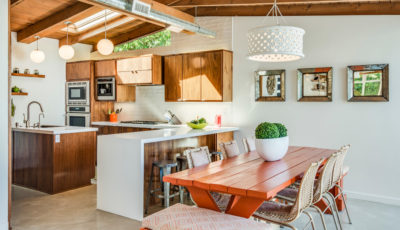Maximizing Your View: Key Considerations in Window Selection
Selecting the right windows for your home or commercial building is not just about allowing natural light into your spaces; it’s about creating a certain ambiance, optimizing energy efficiency, and ensuring your property’s aesthetic and functional needs are met. Windows are pivotal components that can dramatically influence the architectural beauty, indoor comfort, and overall energy performance of a structure.
In this guide, we will walk you through the key considerations in window selection, helping you to make informed decisions that align with your design preferences, lifestyle needs, and budgetary constraints. Whether you’re undertaking a new construction project or planning to replace existing windows, our expert insights will empower you to maximize your views while enhancing your property’s value and livability.
Understanding Your Options
When it comes to selecting windows, you’ll be faced with a plethora of options in terms of frame materials, glass types, and operational styles. It’s essential to understand the different features and benefits of each option to make an informed decision that best suits your needs.
Frame Materials
The material used for the window frame plays a significant role in determining its durability, energy efficiency, and maintenance requirements. The most common frame materials include:
- Wood: Traditional and aesthetically pleasing, wood frames offer excellent insulation properties but require regular upkeep to prevent rotting or warping.
- Vinyl: Affordable and low-maintenance, vinyl frames are resistant to corrosion and moisture but may not be as durable as other materials.
- Fiberglass: Highly durable and energy-efficient, fiberglass frames can mimic the look of wood but come at a higher price point.
- Aluminum: Strong and lightweight, aluminum frames are cost-effective and low-maintenance but have poor insulation properties.

Glass Types
The type of glass used in your windows can greatly impact their performance. Some common options include:
- Single-pane: Basic and affordable, single-pane glass offers minimal insulation and is susceptible to heat transfer, making them unsuitable for extreme climates.
- Double-pane: Consisting of two layers of glass with a gas-filled space in between, double-pane windows offer improved energy efficiency and noise reduction.
- Low-emissivity (Low-E): With a special coating that reflects heat, Low-E glass helps to regulate indoor temperature and reduce energy costs.
- Triple-pane: Similar to double-pane but with an extra layer of glass and gas-filled spaces, triple-pane windows offer even better insulation and noise reduction.
Operational Styles
The way your windows operate can affect their functionality, aesthetics, and ease of use. Common operational styles include:
- Double-hung: Featuring two vertically sliding sashes, double-hung windows offer versatile ventilation options and a classic look.
- Casement: Hinged at the side and crank-operated, casement windows provide unobstructed views and excellent ventilation.
- Sliding: With one or more panels that slide horizontally, sliding windows are an ideal space-saving option and allow for easy cleaning.
- Awning: Hinged at the top and opening outward, awning windows offer ventilation while keeping out rain or debris.
Maximizing Your Views
Now that you have a better understanding of your options, it’s time to consider how you can maximize your views with the right window selection. Here are a few key factors to keep in mind:
- Window Placement: The strategic placement of windows can enhance the flow of natural light and provide desirable views. Consider the orientation of your property, the surrounding landscape, and any potential obstructions when deciding where to install windows.
- Window Size: Larger windows allow for more natural light and expansive views but may also impact energy efficiency. It’s essential to strike a balance between size and function to meet your specific needs.
- Window Treatments: Adding window treatments such as blinds, curtains, or shades can help control sunlight and privacy while adding a decorative touch. Consider how these treatments will complement your windows and enhance your views.
Selecting the right windows involves careful consideration of various factors such as frame materials, glass types, and operational styles. By understanding your options and prioritizing factors like energy efficiency and maximizing views, you can make informed decisions that will enhance the beauty, comfort, and value of your property. Remember to consult with a professional window company for expert advice and installation services to ensure optimal results. With the right windows in place, you can enjoy not just natural light but also breathtaking views every day.












